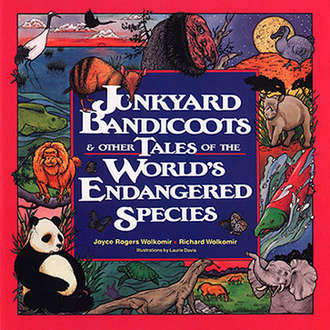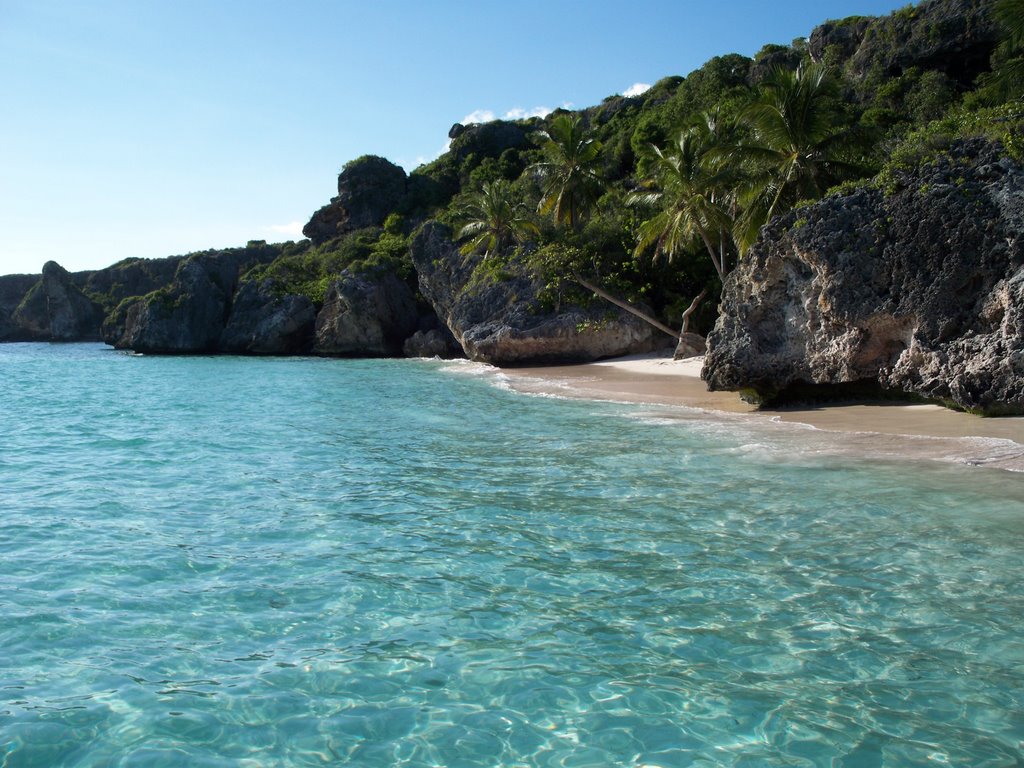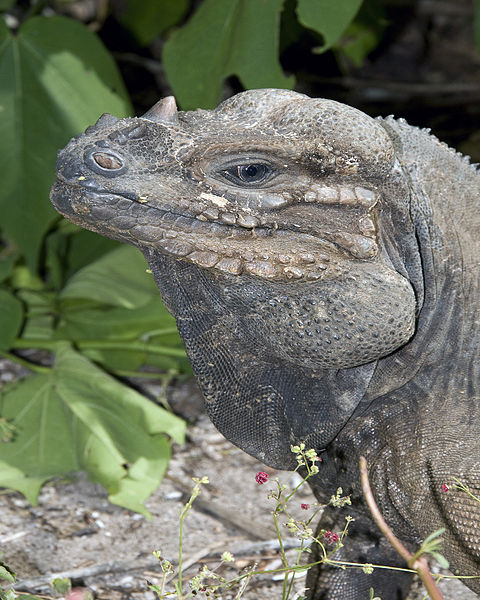by Gabriela Boscio, Program Associate, Second Nature
“For small creatures such as we the vastness is bearable only through love.”
― Carl Sagan
(This post is part of a series by the Second Nature team about why we do what we do.)
How does love grow? When do you know it has taken root? How can you pinpoint its beginning?
My passion for sustainability is something that’s been growing within me for most of my life, and I am not sure exactly when or why it started. As a child, I loved plants and animals. I loved reading about them and learning about them, and I loved observing nature. I remember thinking in grade school that I wanted to be a scientist when I grew up, because I wanted to keep learning about nature, through exploration and investigation. My family supported and encouraged this love by providing me with copious amounts of nature books, magazines and collectible wildlife fact cards, as well as by spending time with me outdoors, and putting up with my incessant animal-factoid sharing (“Did you know baby cheetahs chirps like birds?”).

Example of a book from my childhood. Joyce Rogers Wolkomir and Richard Wolkomir. 1992.
All my nature-related reading—along with a healthy dose of Captain Planet cartoons—led me to find out about environmental problems such as pollution, deforestation, endangered species, acid rain and the “green house effect”. This information shocked and saddened me. How could it be possible that we would destroy our planet like this? Did other people not realize how amazing nature was? How could they not care? These realizations and questions only reinforced the idea that I needed to be a scientist when I grew up, so that I could help protect our planet and teach others to care for it too.
Of course, I did not yet understand that these issues are complex, and have long histories that go beyond whether or not people love nature, whether they are informed or not, or whether or not they care. That knowledge would come later on (in high school, in college) and would be accompanied by terms like “sustainability” and “systems thinking”.
Time went on and I continued to refine my opinions and dreams. The beautiful places I visited served as continual reminders of what was at stake. On my tenth birthday, my mother took me on a group camping trip to an island called Mona. Mona is a natural reserve 41 miles from the west shore of Puerto Rico, where I grew up. I had seen a lot of beautiful natural spaces in Puerto Rico (including beaches, mangroves, estuaries and rain forests), but Mona was something else. The beaches—already beautiful on the mainland—were spectacular on Mona. They were like the quintessential paradise island beaches in books and movies: crystal-clear turquoise water, giant boulders, white sand and not a person in sight. Getting to Mona is not easy and nobody lives there, except for a few rangers working for the Department of Natural and Environmental Resources.

Playa Caigo in Mona, Puerto Rico. Photo credit: miguepr
While in Mona, I got to explore caves with fantastic formations, encounter enormous pre-historic-looking lizards and I got the best tan I’ve ever had, since I practically lived in the water. I even saw dolphins and a green sea turtle on the boat ride there. The whole experience was magical and by the end of our trip, I did not want to go home. To this day, I still yearn to go back there and see that water again, lie in those solitary beaches, and watch the giant iguanas scurry about searching for mangoes.

Mona Ground Iguana. Photo credit: Wikimedia Commons
Mona is not my only source of inspiration. Other places that are etched in my heart include: Iceland’s mountains and its vast aurora-painted sky, Lake Superior and its shores full of sandstone and agate, the star-covered skies in the Badlands of South Dakota, and the bioluminescent bay in Vieques, Puerto Rico. All these places inspire me and renew my sense of wonder.
As I’ve gone through life, I’ve grown and refined my views. My motivations for doing the work I do have expanded, but not weakened. I did not become a scientist, and I no longer think the planet needs to be saved. I now see this work as a fight for a world worth living in. So, why do I do what I do? I do it for love: for my family, for my friends, for those amazing beaches, for all the places I have yet to see, for all the places I will never see, for people I will never meet, and for myself. It’s hard to admit to such an emotional motivator in a world that values logic over all else. I know there are thousands of logical reasons to support the need for sustainability, and all of those shape my work and inspire my passion. Under all the other reasons, however, flows this love and at the end of the day, that is what motivates me to keep going, even when faced with seemingly insurmountable obstacles and heartbreak. It’s what makes the work worthwhile and bearable.
